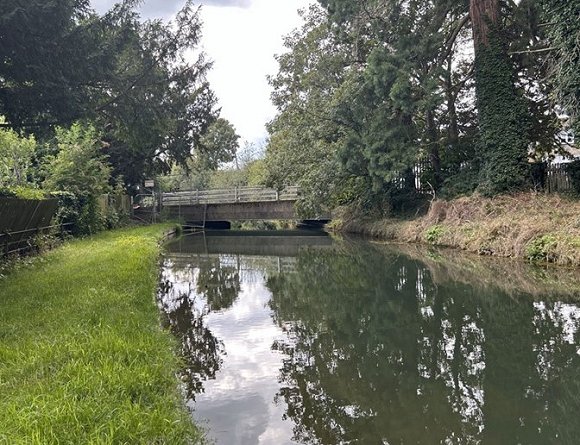Barhale has secured a £14.8m contract with Thames Water to conduct essential rehabilitation work on one of London’s oldest water infrastructure assets.
Opened in 1613, the New River was designed as an aqueduct to transport water from Hertfordshire to central London.
Initially, it drew water from springs along its path, with later additions from the River Lea and other watercourses.
Barhale, a specialist in civil engineering, infrastructure, and tunnelling, will refurbish sections of the New River at two locations in Hornsey and Waltham Cross. The project aims to prevent leakage and extend the asset's life.
In one section, the New River is leaking, resulting in water loss and gradual erosion of the embankment.
Previous small-scale repairs and drainage works have diverted leaked water into the sewer network to prevent flooding but have not addressed the root cause of the leakage.
Barhale will strengthen the northern side of the waterway with sheet piling, using a Giken system that does not use vibration to install the sheets. This method will minimize noise and disturbance for the adjacent community.
Rachel Whiteman, senior project manager at Thames Water, said: “Over the years, we’ve been carrying out several smaller leak repairs and have put in place different solutions to manage leakage in ways that minimises disruption locally.
“However, our annual inspections have identified further areas of leakage and we have decided that a large-scale upgrade is now necessary.”
The Barhale team revised the original design, which proposed building a concrete channel, and instead recommended sheet piling as a more cost-effective solution. The weathering process of the sheet piling will help the riverside blend into the natural environment.
The New River's path is tightly constrained as it passes through North London, making access challenging. To address this, Barhale will deploy pontoon barges. Initially, these barges will carry suction equipment to excavate silt from the river and subsequently provide a platform for the lifting crane.
John Prendergast, Barhale's regional manager, explained that the age of the infrastructure and the narrowness of the route presented additional design considerations.
“It’s a bit of a problem getting equipment to the site – hence the decision to use pontoon barges, which we believe is a first for the business.
“Additionally, the nearness of residents has been a big consideration. Using the Giken system will minimise noise during construction and the decision to use steel sheet piling will ensure that, over time, the works have almost no visual impact.”
Barhale will also be installing sheet piling along a 1.1km stretch of the New River at Waltham Cross, west of the site of the proposed Sunset Studios development.
The sheet pile will be of varying length to reach the impermeable London Clay formation to prevent water leakage around the base of the existing sheet piles.
When completed, the gap between the new and old piles will be filled with pea gravel to provide additional stability.
Work is scheduled to commence imminently with a target completion date of September 2025.
View latest Water & Utilities vacancies here





